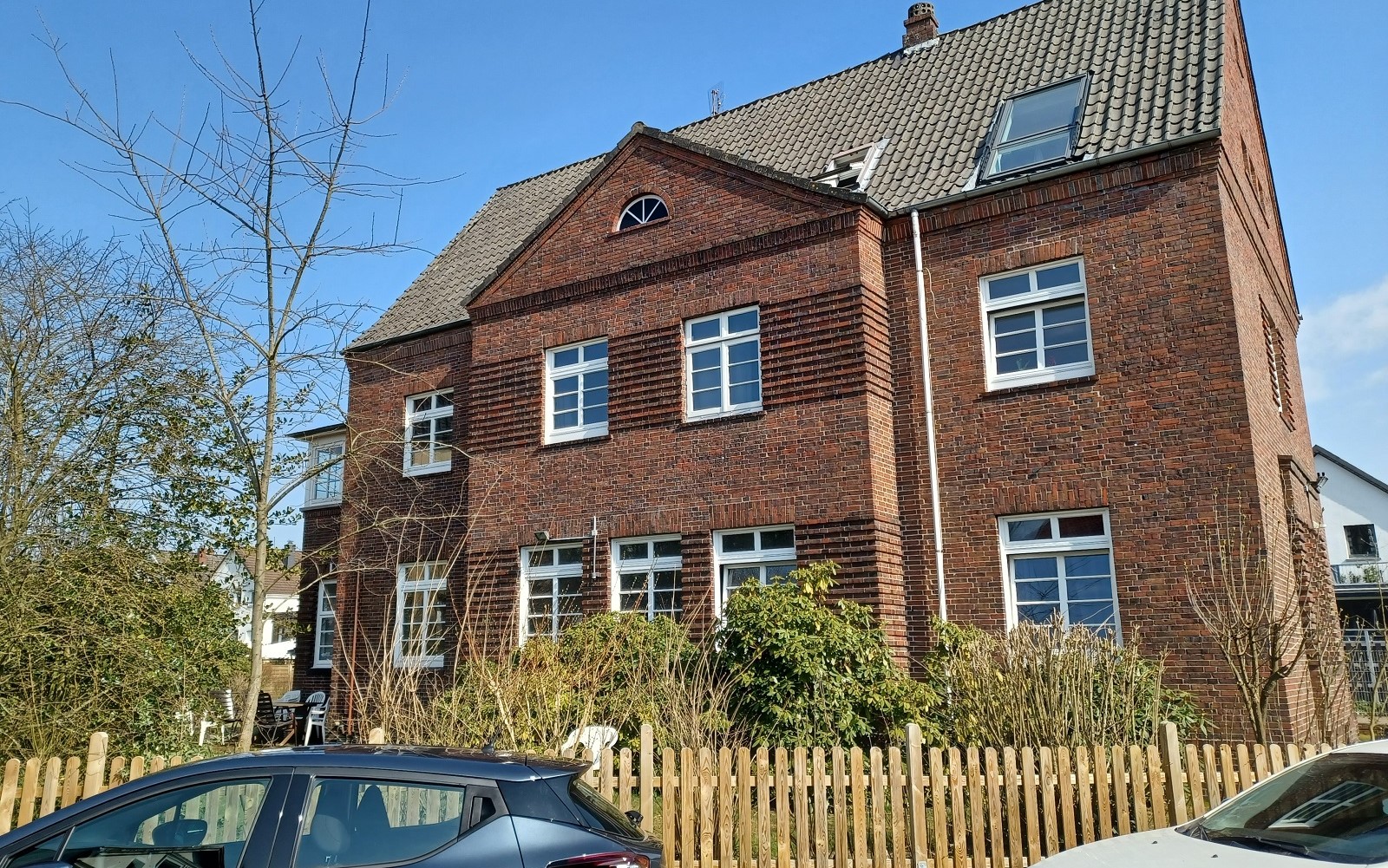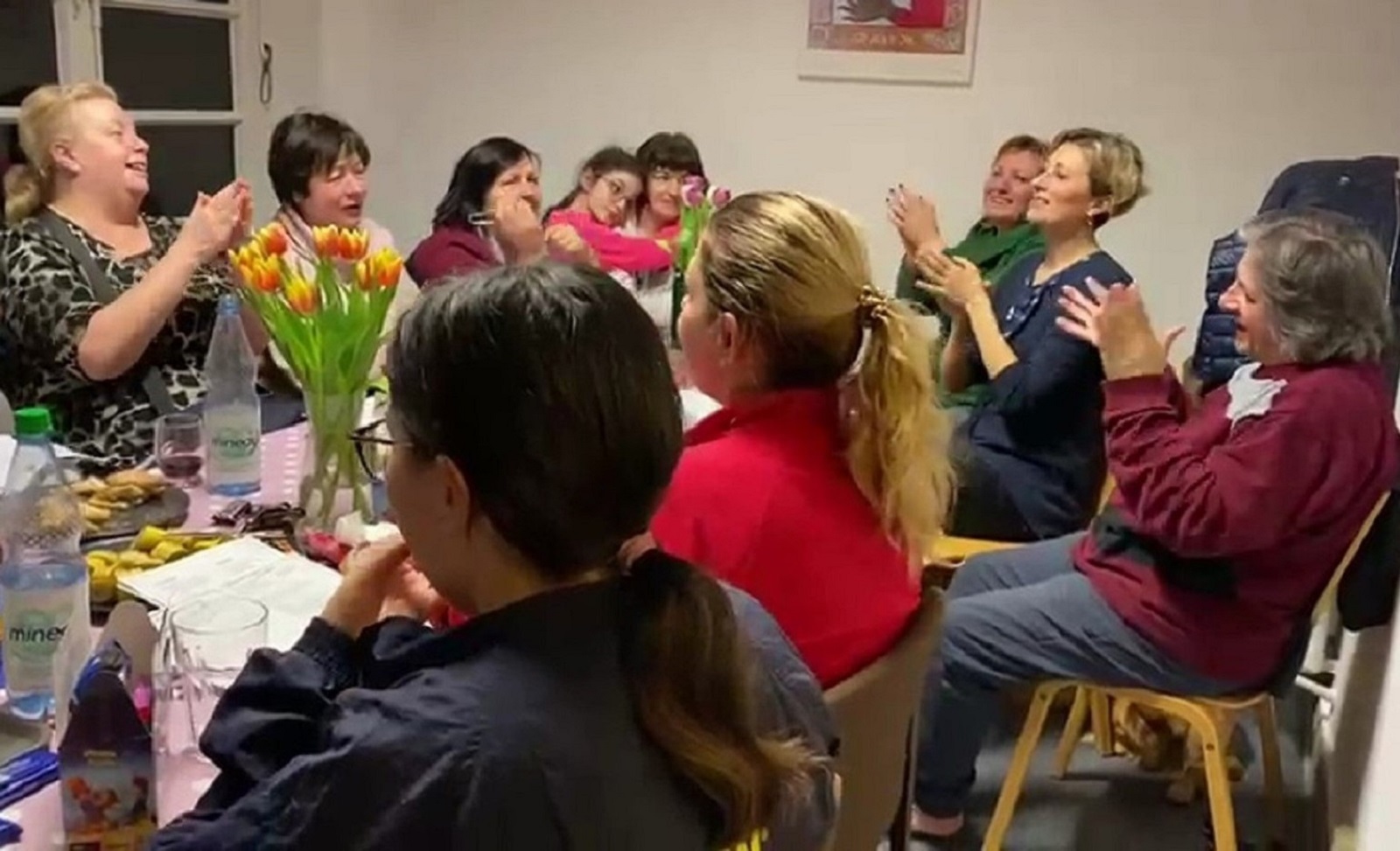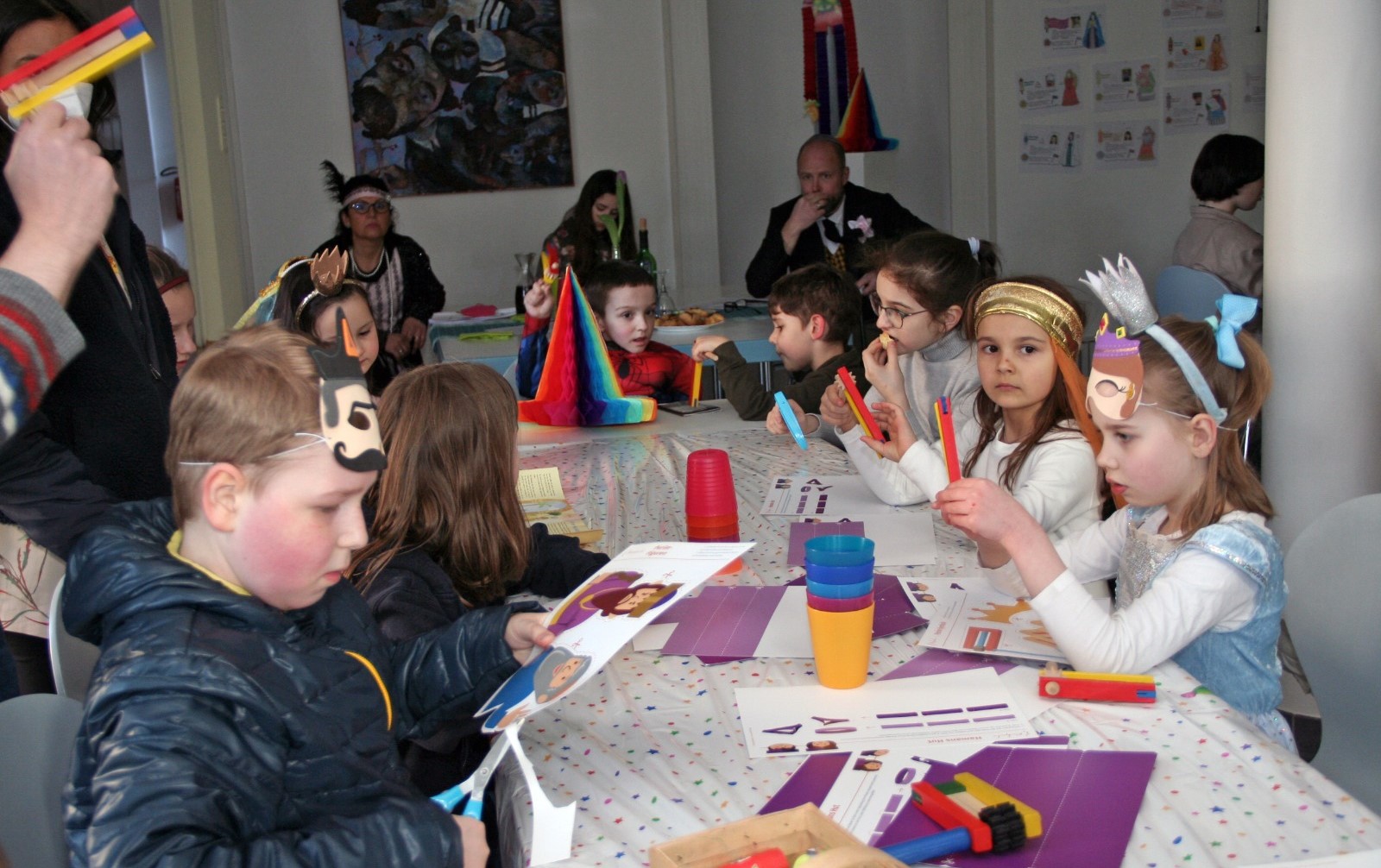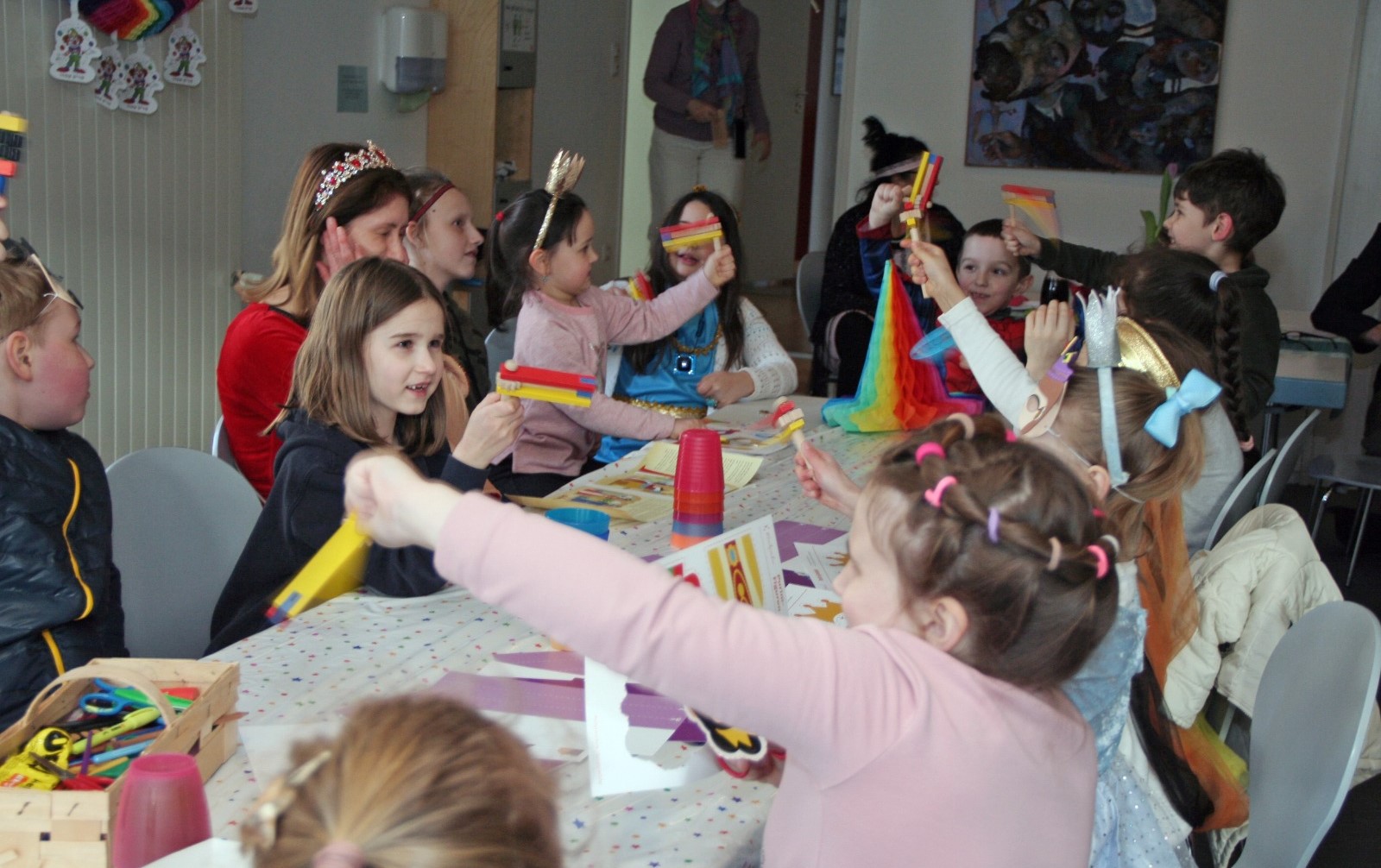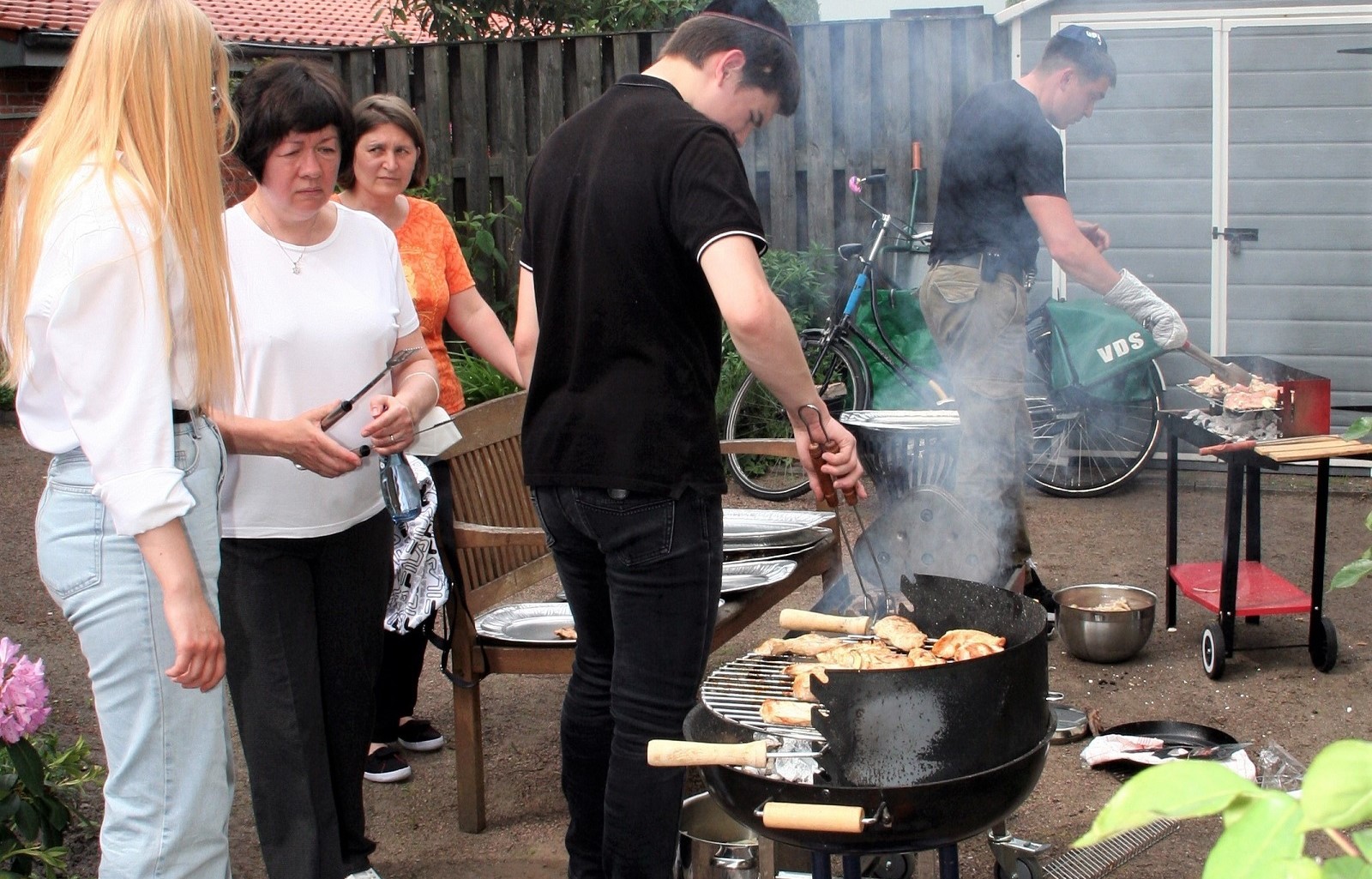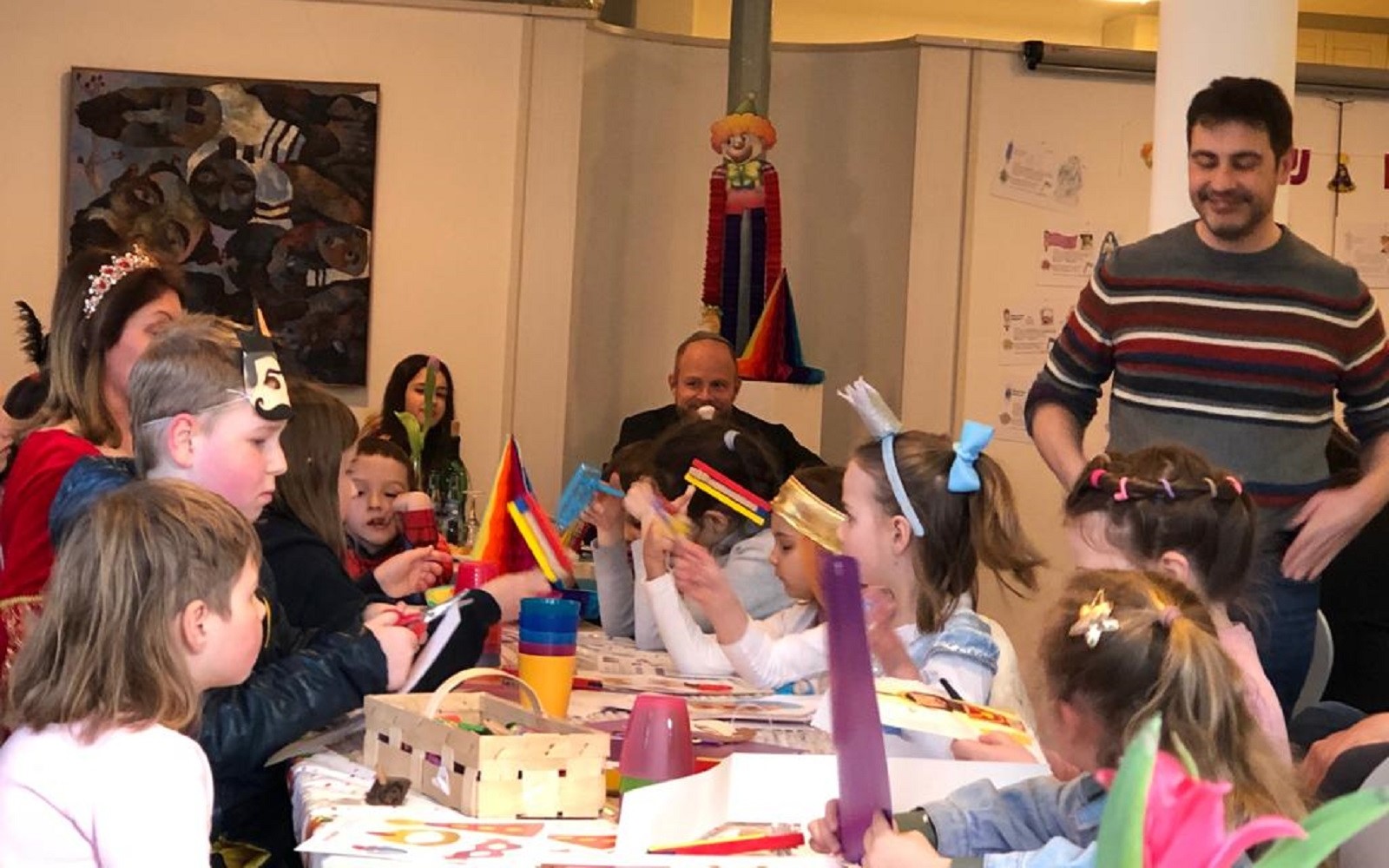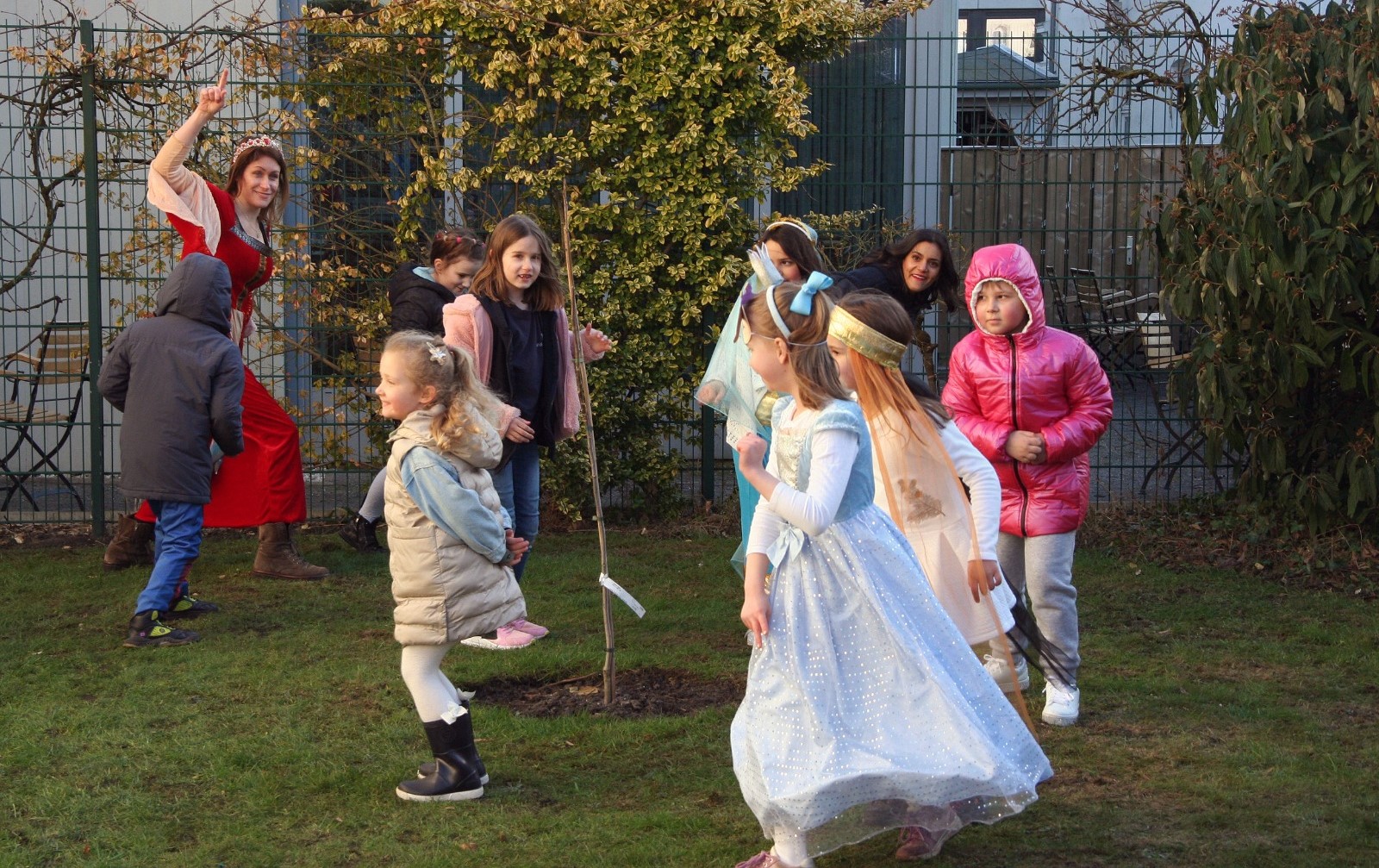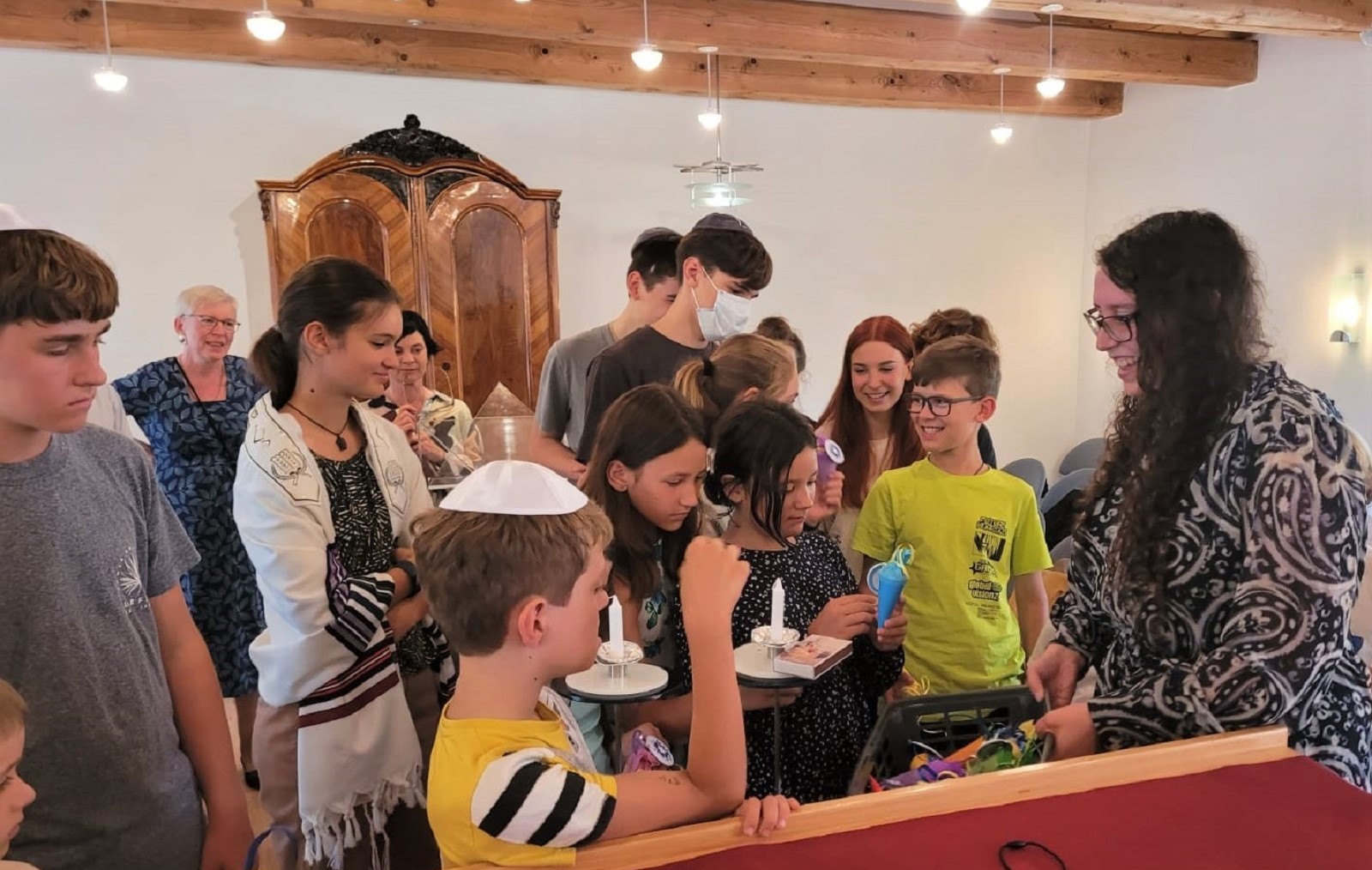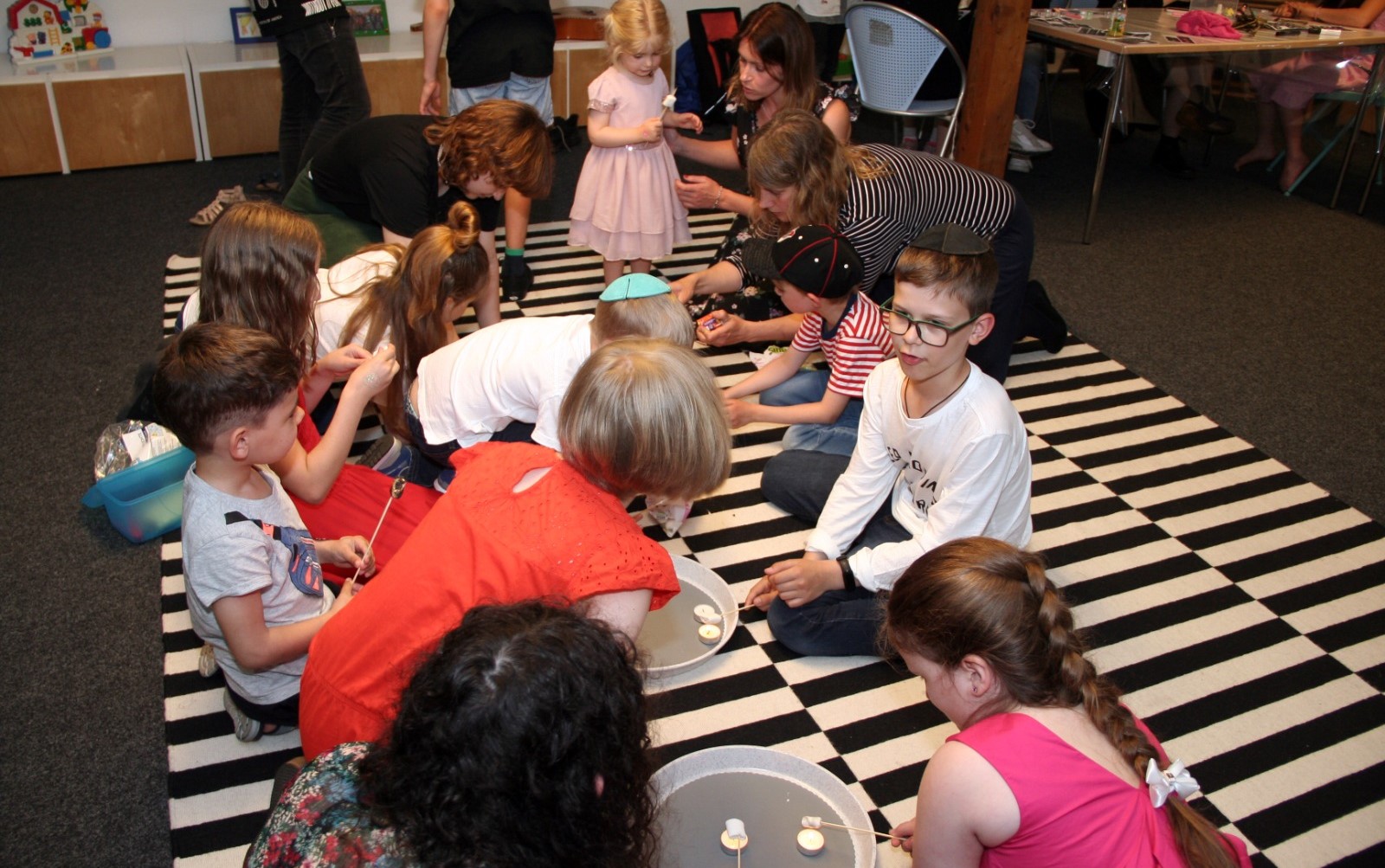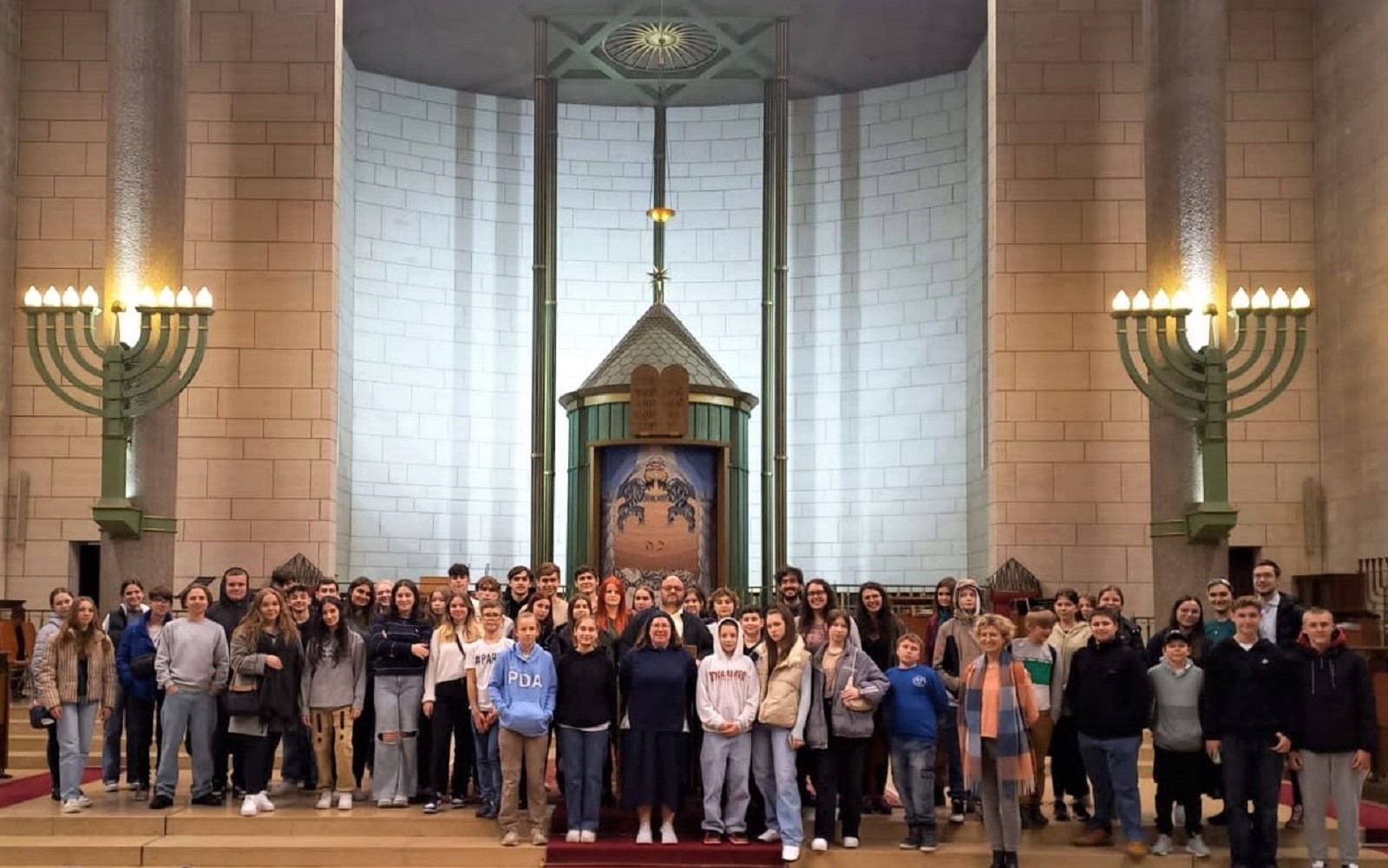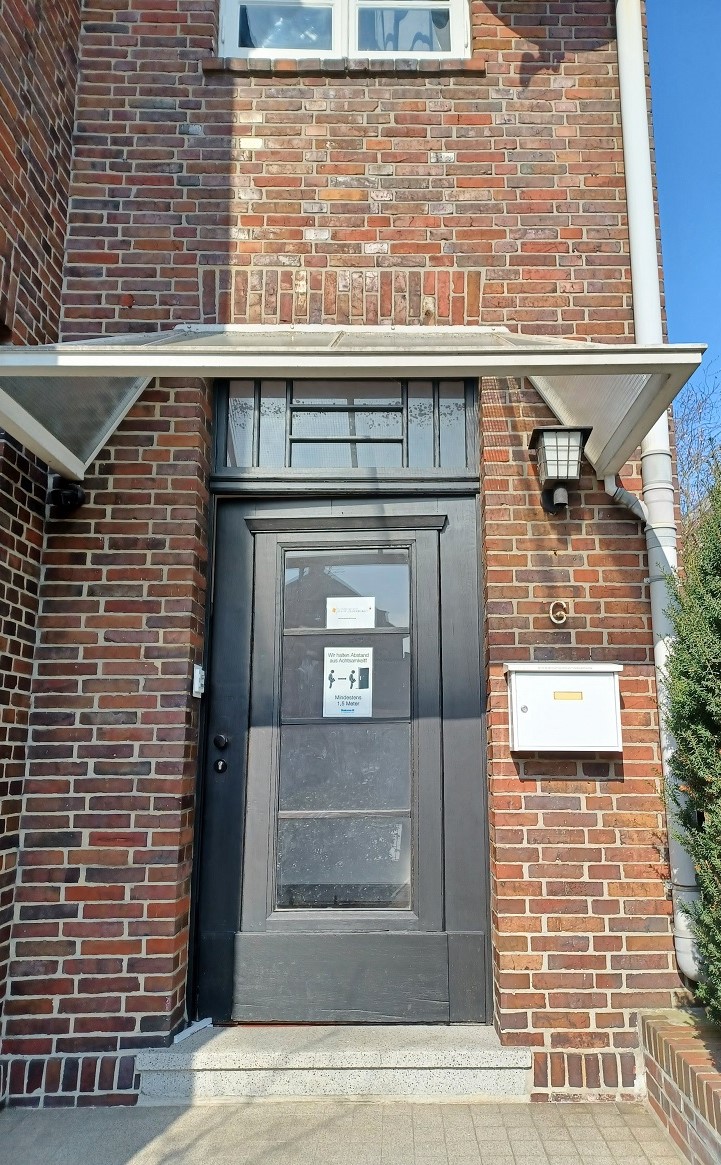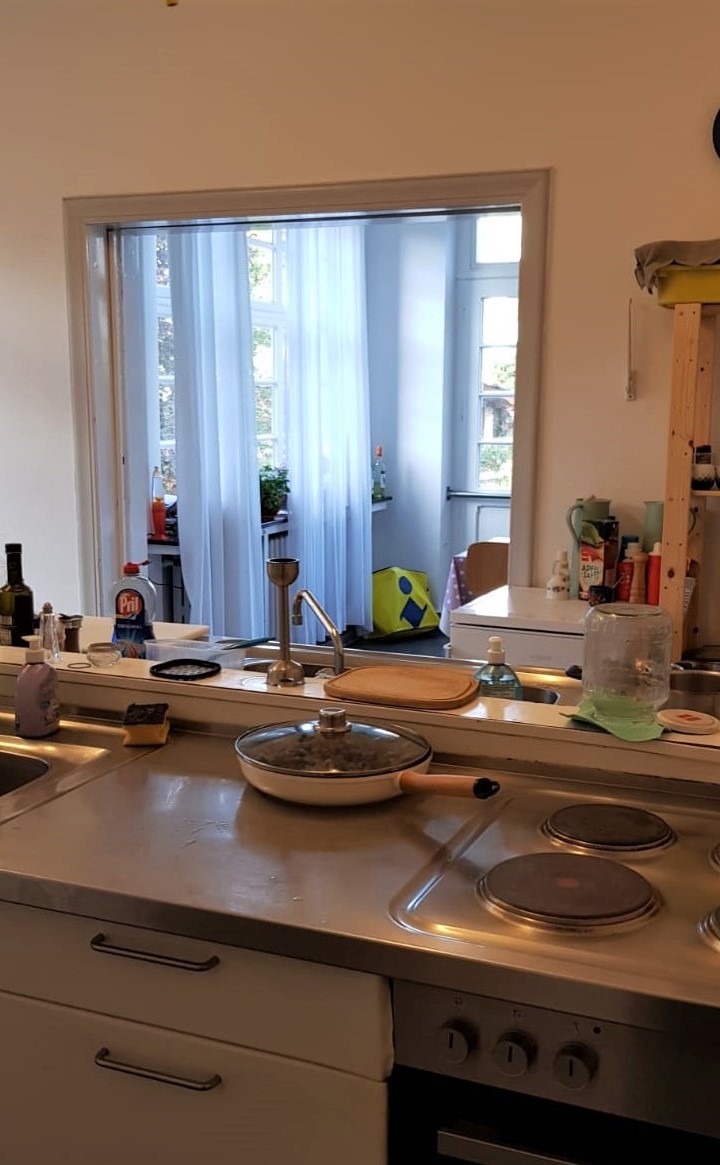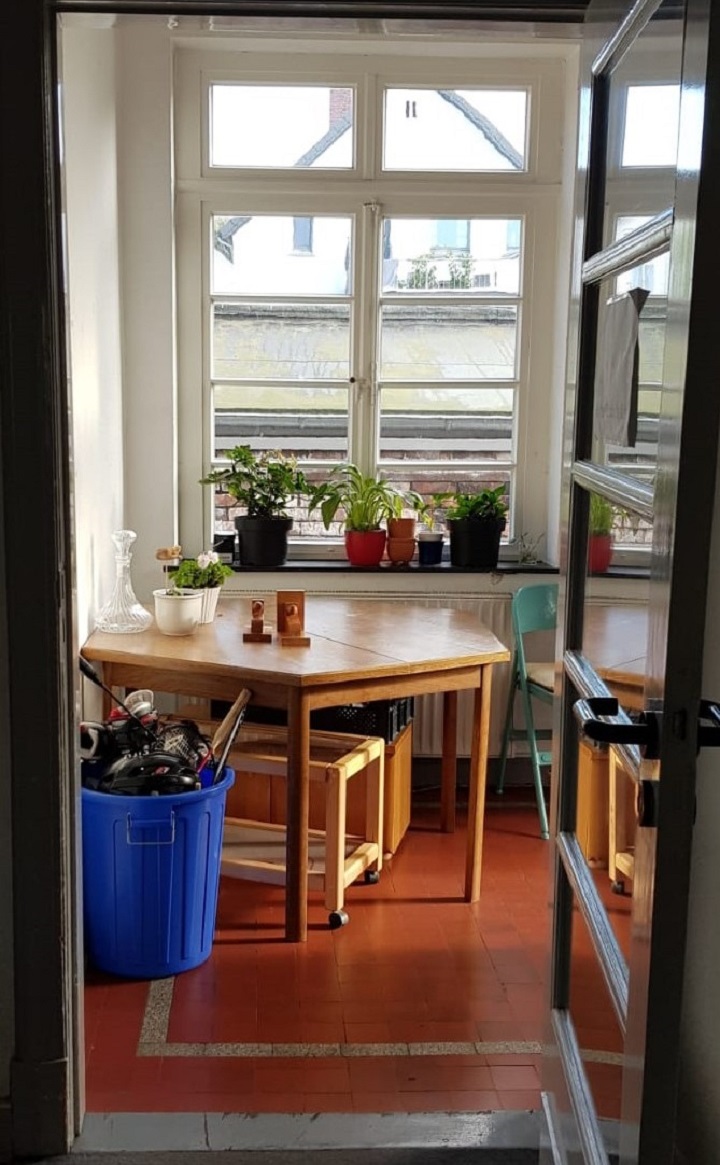Shelter „Beit Or Hadash“
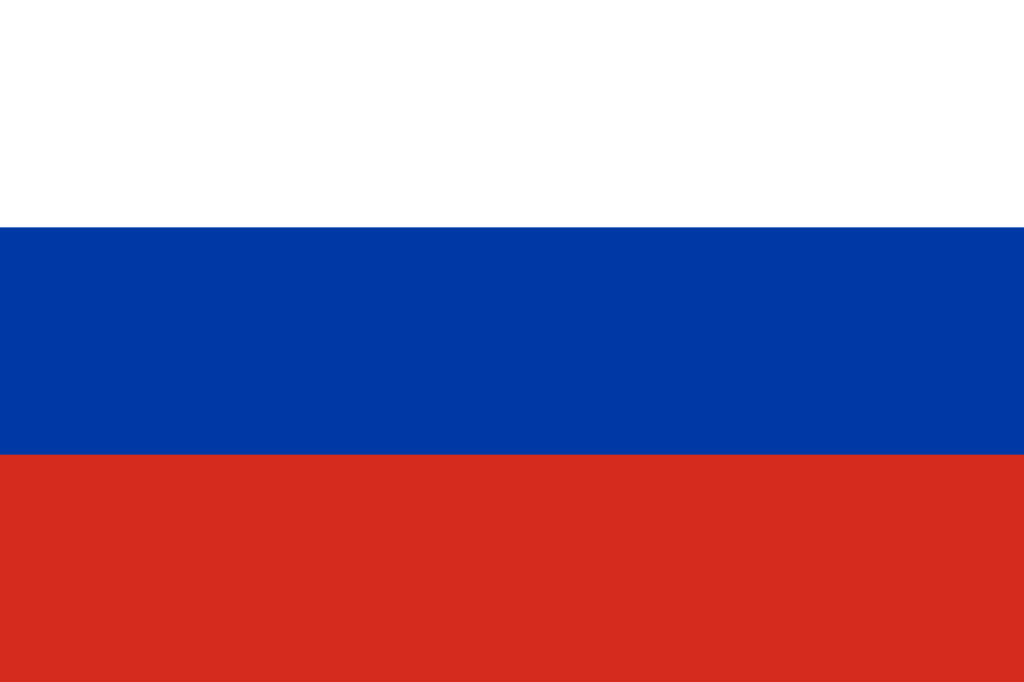
February 24, 2022
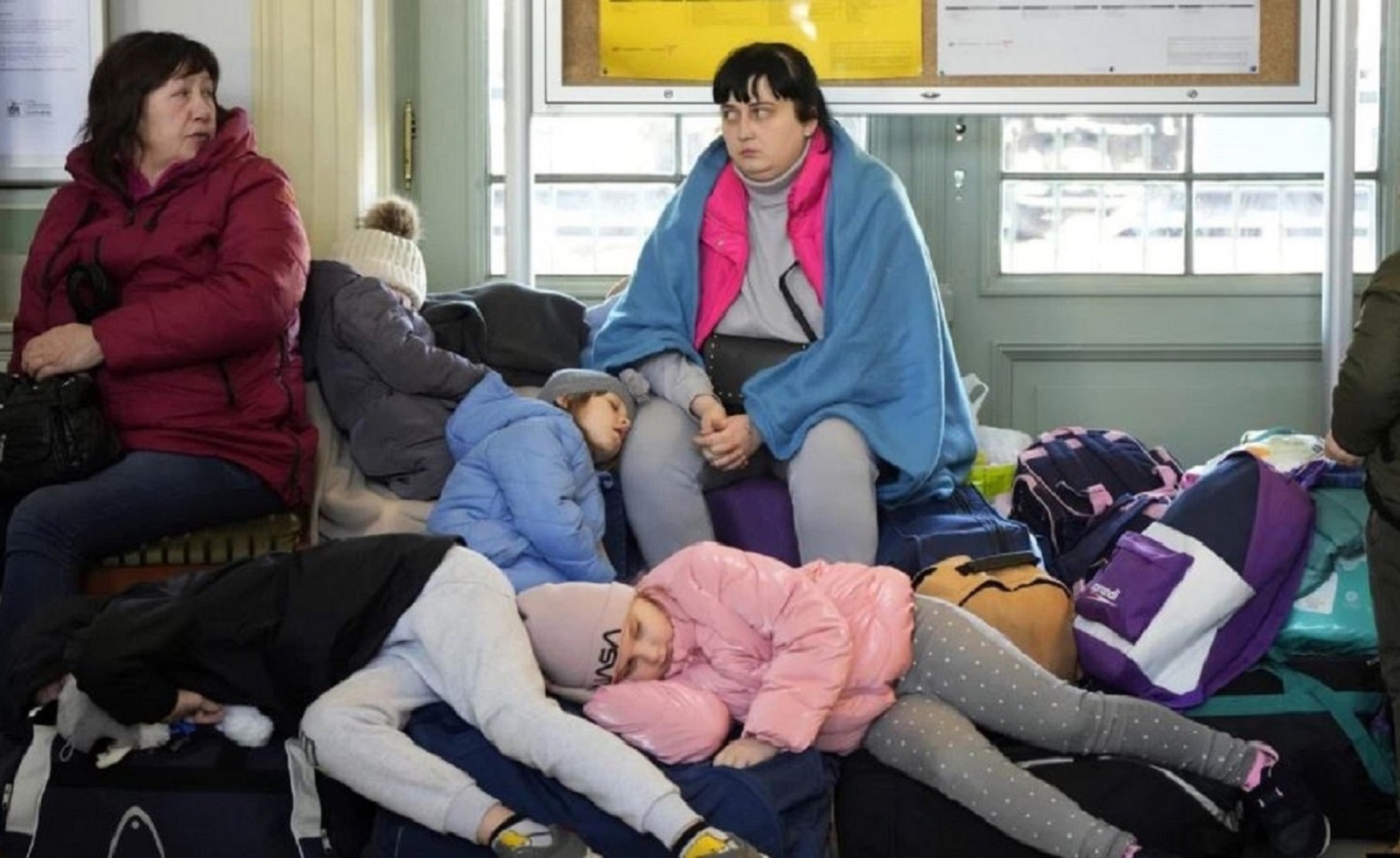
This day will go down in history not only as the date of Putin’s Russia’s villainous attack on sovereign Ukraine. This day divided the lives of millions into “before” and “after”. It’s been another month of fierce fighting. The “Blitzkrieg” conceived by Putin’s strategists has shamefully failed: the Armed Forces of Ukraine offer fierce resistance to the enemy, and the invaders, in impotent rage, subject Kharkiv, Mariupol, Odessa, Kherson, Kyiv, Chernihiv and other Ukrainian cities to severe bombardments, artillery and rocket attacks. Many of them have already turned into complete ruins, civilians, including children, are dying … In the temporarily occupied territories, the invaders commit monstrous crimes: they shoot civilians, rape women and girls, rob houses, loot. Millions of people who have become refugees have left Ukraine, and their number continues to grow rapidly. Most of them flee to Poland, Slovakia, Hungary, Romania, Moldova and further to the West, including Germany.
The Jews of Ukraine also became refugees. The Jewish communities of Germany and other EU countries, together with the authorities of the respective cities, are doing everything to adequately accept the refugees and settle them well in a new place. Among other things, the Jewish communities of Europe offer a solution to the housing problem for the first time: our compatriots from Ukraine will be able to settle in comfortable dormitories or hotels prepared for them.
On a quiet and green street behind a low wooden fence, in the depths of a small garden, rises a somewhat gloomy three-story red brick house with intricate windows. More recently, this city-owned building, which once housed a marriage and family counseling office but has long been empty, has become a haven for Jewish refugees from Ukraine fleeing the horrors of the war unleashed by the Putin regime. The city authorities of Oldenburg promptly leased this building to the Jewish community of the city so that it could equip it with a comfortable hostel for 40 people. Of course, a small community could not solve this problem on its own, but the city took on the main financial burden. The house has not been used for more than five years, and some of the equipment has fallen into disrepair. The necessary repairs were made in the building at the expense of the city budget. Beds with mattresses, wardrobes, chairs, tables, refrigerators, bed linen, and curtains were delivered. Everything else—restoring cleanliness, order and comfort—is up to the members of the community. And work began to boil! Community office workers and volunteers washed, scrubbed, vacuumed, washed windows, took out the trash, made beds, moved cupboards. And although everything had to be done in an emergency, they managed to receive the refugees on time: everything shone and shone with cleanliness and comfort.
So, I approach the entrance under a canopy, climb the step, open the front door and find myself in a long corridor, on both sides of which there are doors to living rooms and utility rooms. I knock on one of them, a pretty young woman opens up to me, some surprise is written on her face. I introduce myself, asking permission to come in and ask a few questions. I explain that I am also from Ukraine, a former Kharkiv resident. “Come in, come in, be kind, don’t be shy!” she says in Ukrainian, and some of her wariness was taken away as if by magic. I go in, look around … Everything is clean, neat, comfortable. The table is covered with a paper tablecloth, on it is a glass jar with large yellow daffodils. On the window—simple curtains and curtains. Along the walls there is a wardrobe and two wooden beds: one is a two-story one with a ladder, and the second is an ordinary one. Quite worthy conditions…
Anna, as this woman asked to call her, lives in a hostel with her 13-year-old daughter, tells me her sad story and similar stories of her comrades in misfortune. The war does not allow you to prepare, to come to your senses: you take the child by the hand, grab some things, documents, money in an armful for the first time, into a bag and run! What and who will help save yourself and your loved ones? How will it be possible to run to the island, to the shelter, to the peaceful zone? The geography of the places where the refugees came to Oldenburg covers almost all of Ukraine, from north to south and from east to west: Kyiv and Odessa, Kharkov and Lvov, and other cities of long-suffering Ukraine. The road to Germany for all 40 Jewish refugees who were sheltered by Oldenburg ran through Poland. And everywhere—in Ukraine, and in Poland, and already in Germany, at almost every step, they tried to help, somehow support, advise. They were representatives of Jewish organizations and city authorities, volunteers and translators, just caring people. How many worries, anxieties, fears of the unknown the refugees had to endure!
Only after finding myself in a hostel on Milk street, I managed to breathe more freely, calm down a little, relax, stop being afraid for the children and myself. At first, I had to solve a variety of everyday problems. In this, invaluable assistance to the refugees has been provided and continues to be provided by a specially created organizational group of five people, headed by the chairman of the Jewish community of Oldenburg. And on March 16, when Erev Purim was celebrated, activists of the Jewish community decided to please the refugees with a fun holiday, for which they worked hard. The kitchen „brigade“ baked traditional poppy seed pies, brought various treats, sweets, fruits, juices, wine. In the kitchen, a large table was beautifully set, decorated with bouquets of spring flowers. The rabbi of the community Alina Treiger took part in the celebration, by the way, she is from Poltava, Ukraine. Although Alina is now sick and not feeling well, she found the strength to come to the hostel, tell the refugees about the history and traditions of the Purim holiday, and sing Purim and other Jewish songs with them. It all started with reading the Scroll of Esther in Russian and Ukrainian. Although there were no rattles, everyone stamped their feet and shouted curses at the pronunciation of the name „Haman“. Many of those present were celebrating Purim for the first time in their lives. And then a simple feast began at Queen Esther: they ate and praised the „ears of Haman“ and fruits, drank delicious kosher wine, and the children – grape juice. The evening, of course, was a success, and will be remembered by all those present for a long time.The next day, already in the community center, parents and children celebrated Purim.
Refugee children with their mothers were also invited to the celebration. The weather was perfect, it was sunny and warm like spring. For an hour everyone was having fun in the garden of the community center. Children from Ukraine quickly got acquainted with the „old-timers“, and some „tightness“ in the first minutes of the meeting quickly disappeared. The organizers of the holiday and the madrikhim organized exciting outdoor games, and it was very difficult for the children to return to the kiddush hall to the sweet table. Sweets, juices were prepared for them, delicious pies with poppy seeds were baked—traditional „hamantashen“. At the table, the children read the Book of Esther in German with translation into Ukrainian. The children liked it, they listened attentively so as not to miss the terrible name and make noise with rattles and stomp their feet in time. After that, the children cut out of thick paper and cardboard and glued the symbols of Purim, crowns, masks, etc. At the end of the holiday, everyone was presented with gifts, which delighted those present.
Children from Ukraine are gradually getting used to the new place. Communication with peers, joint games, classes, tea parties – all this will help them quickly recover from the horror that they experienced. And on March 28, when the holidays ended and classes resumed in the schools of Lower Saxony, most of the refugee children also went to school. Naturally, not everything is so simple and far from everything can be done immediately. So far, German language courses have been organized for adult refugees living in Beit Or Hadash, and fun games are held every Friday morning for younger children. When a person finds himself in another country, especially “without a language”, then he simply needs help to solve many vital issues. One of these problems is paperwork, filing various applications, and other formalities. And the community provides extremely important support to the refugees by organizing accompaniment and interpretation during their visits to various departments and institutions.
Of course, not everything looks in such a “pink” light as it might seem at first glance. Every refugee who settled in a dormitory on Milk street, and these are overwhelmingly women, has close people, relatives, friends, and acquaintances in Ukraine. Men are fighting a cruel enemy, and women, old people, children are in constant danger of falling under bombing or rocket fire, being under the rubble of buildings. Therefore, the lingering anxiety about their fate, unrest, fear cause stress, nervous breakdowns, and depressed mood in our wards. In addition, difficult living conditions during the flight led to the fact that people „caught“ diseases, which now have to get rid of. Refugees still lack much in terms of everyday life. But volunteers help them in this by donating clothes and shoes, personal hygiene items and electrical appliances, dishes and children’s books.
It seems to me that the well-known Talmudic saying “All Jews are responsible for each other” is being implemented quite well by the Jews of Oldenburg. Truly – „Arvut Yisrael“ (Jewish bail).
Сontinuation: April 2023
For more than a year, the “special military operation,” as Kremlin propagandists call the inhuman war unleashed by the Putin regime against independent Ukraine, has been going on. And all this time, the Russian army is methodically destroying residential buildings, cultural facilities, and the infrastructure of a neighboring country. Bombs, rockets and shells kill civilians, Ukrainian cities are destroyed, villages are wiped off the face of the earth. Fleeing from the horrors of the war, millions of people rose from their habitable places, leaving almost everything except the most necessary, becoming refugees. According to statistics, about a quarter of Ukraine’s population has already left the country.
In the list of countries that have accepted the maximum number of refugees from Ukraine since the beginning of the war, Germany is second only to Poland. By the beginning of October 2022, more than a million Ukrainian refugees were registered in Germany – 1,002,763 people. In fact, this number may be even higher, because Not everyone is registered. According to the federal government, about five thousand of this million Ukrainians, i.e. less than half a percent are refugees of Jewish origin. This, of course, is relatively small, but, nevertheless, each of them needs help, support, advice and deed. In this they are met by the central Jewish organizations of Germany and local Jewish communities.
Our monthly has already told about how the Jewish community from the small North German city of Oldenburg managed, with the help of the city authorities, to organize a hostel for Jewish refugees from Ukraine. Let me remind readers that in early March, the city authorities of Oldenburg leased a building that had not been used for a long time to the community so that it could equip a comfortable hostel for 40 people in it. This hostel was called „Beit Or Hadash“, which in Hebrew means „House“ New Light „“. More than 8 months have passed since then. How does this House live today? Did it really bring „new light“ to the lives of its inhabitants?
Time flies fast, so since March, when the first refugees moved into this shelter on a cozy street of Oldenburg, many events have happened in the life of the hostel residents. The first unrest subsided, the uncertainty associated with the rapid flight from the long-suffering Ukraine plunged into the abyss of war disappeared, the refugees began to equip their lives in a new place, in which they were constantly assisted as a specially created organizing group of five people, headed by the chairman of the Jewish community of Oldenburg, as well as numerous volunteers and just caring people. And there were many problems, and all of them required immediate resolution. Here and ignorance of the language, customs and orders in another country, and the lack of the most necessary – clothes, shoes, underwear, dishes, hygiene products, books and toys for children, but you never know what a person needs for a normal life! And „campaigns“ on institutions and other „instances“, and filling in dozens of various „forms“ and other documents! And in everything, almost at every step, the refugees were helped by social workers of the Jewish community, members of the board, volunteers, trying to respond to all the requests and suggestions of our wards.
It was important not only to solve the basic everyday problems of refugees, it was important to quickly include several dozen people in community life. We must pay tribute not only to the activists of the community, the employees of the bureau, the board, but also to the Jewish refugees from Ukraine themselves, most of whom, from the first day of their stay in our city, showed a sincere interest in entering the life of the community and becoming its active members. Each of the families that came to Oldenburg has its own sad story, its own problems and worries. But all of them are united by the desire to get used to a new place as soon as possible, to become useful, to lay the foundation for their future. Among the Jewish refugees from Ukraine there are many children of all ages. Therefore, the board of the community, the youth center, madrichs, volunteers immediately took them under their care, from the first day involving them in the common life of the community. Children from Ukraine got used to the new place very quickly. And this is not surprising: communication with peers – „old-timers“ of the community, joint games with them, classes, tea parties, excursions – all this helped them quickly recover from the horror and hardships that they had to endure in Ukraine and on the way to Germany.
But let’s get back to the house on a quiet Oldenburg’s street, where the Jewish community has set up a cozy hostel. By agreement with the city authorities, the Beit Or Hadash shelter is only a temporary reception center for Jewish refugees from Ukraine. Therefore, from the very beginning, the task was set: to find apartments as soon as possible for those who want to stay in Oldenburg. At the time of writing this essay, only 14 people out of 40 residents remained in the Beit Or Hadash dormitory, these are five families, and the rest are already living in rented social apartments, engaged in their arrangement. By the way, three families made aliyah to Israel. Let’s sum up the interim results of the eight-month „Operation Beit Or Hadash“. All this time, refugees from Ukraine lived in decent conditions, constantly feeling the attention and care from the Jewish community and the inhabitants of Oldenburg. And today more than 20 new members have joined the Jewish community – these are women of active age and teenagers. The work of the youth center and the community as a whole has revived, there has been a serious rejuvenation of the community. New projects for working with children and adolescents have appeared, the attendance of various events, holidays, and worship services has increased significantly, and the kitchen “team” has been strengthened.
It would be possible to put an end to this, but … I would not want to look at this whole „epopee“ as if through rose-colored glasses. After all, every refugee who came from Ukraine, and these are overwhelmingly women with children, had close people, relatives, friends, and acquaintances in their homeland. Men are at the front, in a fierce battle with a hated enemy, and civilians – women, old people, children are in constant danger. Therefore, anxiety about the fate of these people, worries, fears sometimes cause stress, nervous breakdowns, and depressed mood in our wards. Nevertheless, it is safe to say that the shelter fulfilled its task perfectly. Today it is almost empty: soon the last family will leave its hospitable walls and move to a separate apartment. But the life of Jewish refugees from Ukraine in Oldenburg continues, having already entered a new stage. So far, the city authorities do not give permission to settle anyone in this house and, apparently, they will put it on conservation. No one can now accurately predict whether a new wave of Ukrainian refugees will overwhelm Europe in winter if dilapidated Ukrainian cities begin to freeze due to the inhuman destruction of civil, primarily energy, infrastructure by Russian invaders.
Revised by the author: Yakub Zair-Bek, Oldenburg, Germany
Photos by Author, M. Beilis, M. Chachanishvili
First published by HHRC Maine: https://www.hhrcmaine.org/blog/shelter-on-milchstrasse
